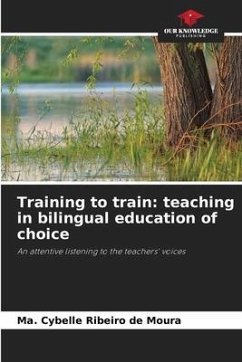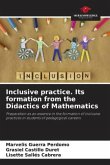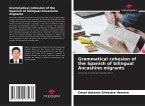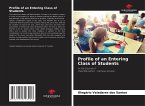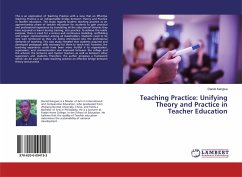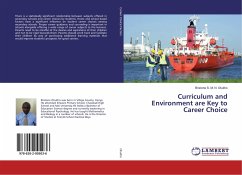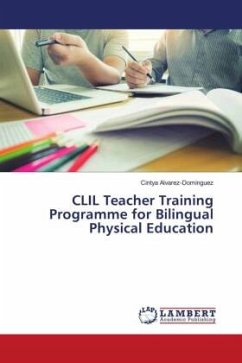Until the mid-2000s, language teaching in Brazil was delegated to Language Learning Centers, which suppressed the inefficiency of the proposed additional language teaching within basic education. Even for those who could afford to pay for this service, this reality intensified the common sense that foreign languages are not learned in regular schools and further amplified social inequality. This scenario has been undergoing major changes with the intensification of bilingual education proposals. In this scenario, we find the teaching figure and the necessary knowledge to act in this context. It was with the purpose of contributing to the formation of teachers for bilingual Portuguese-English education that I started the present investigation about the teachers' knowledge needs and the major difficulties encountered by educators who work with bilingual education of choice in the midst of the unprecedented context imposed by the pandemic of the new coronavirus and lockdown, and their voices and their places of speech constituted the foundations of the present research.
Bitte wählen Sie Ihr Anliegen aus.
Rechnungen
Retourenschein anfordern
Bestellstatus
Storno

